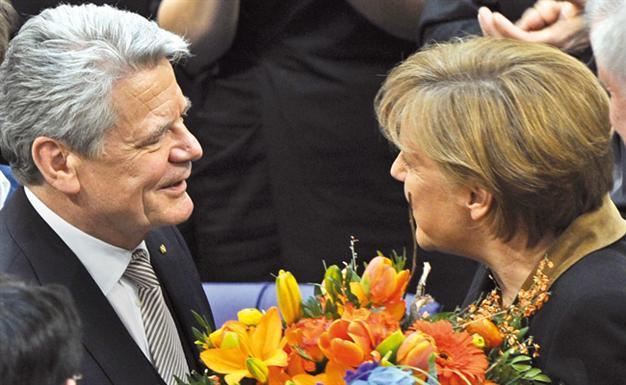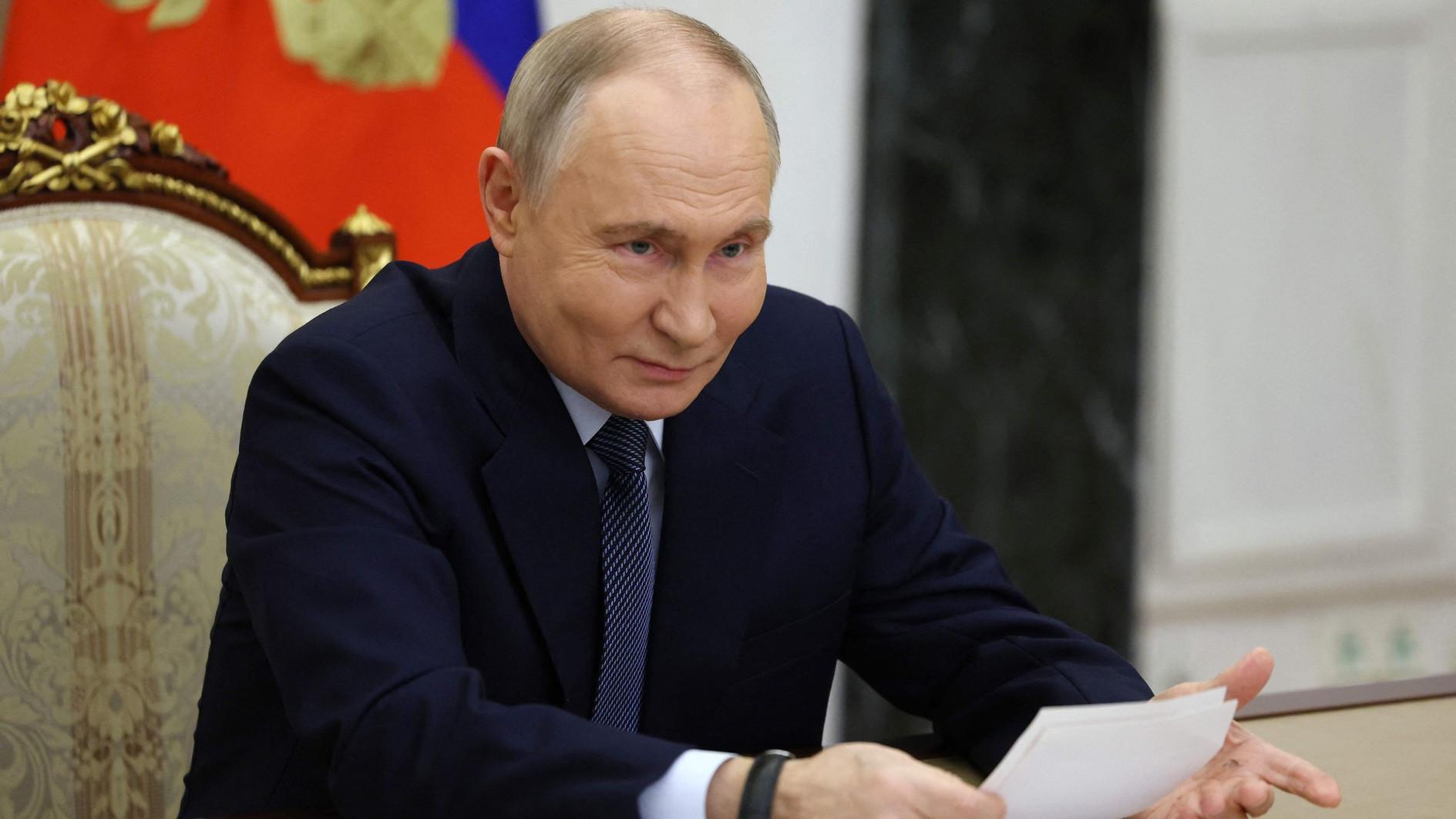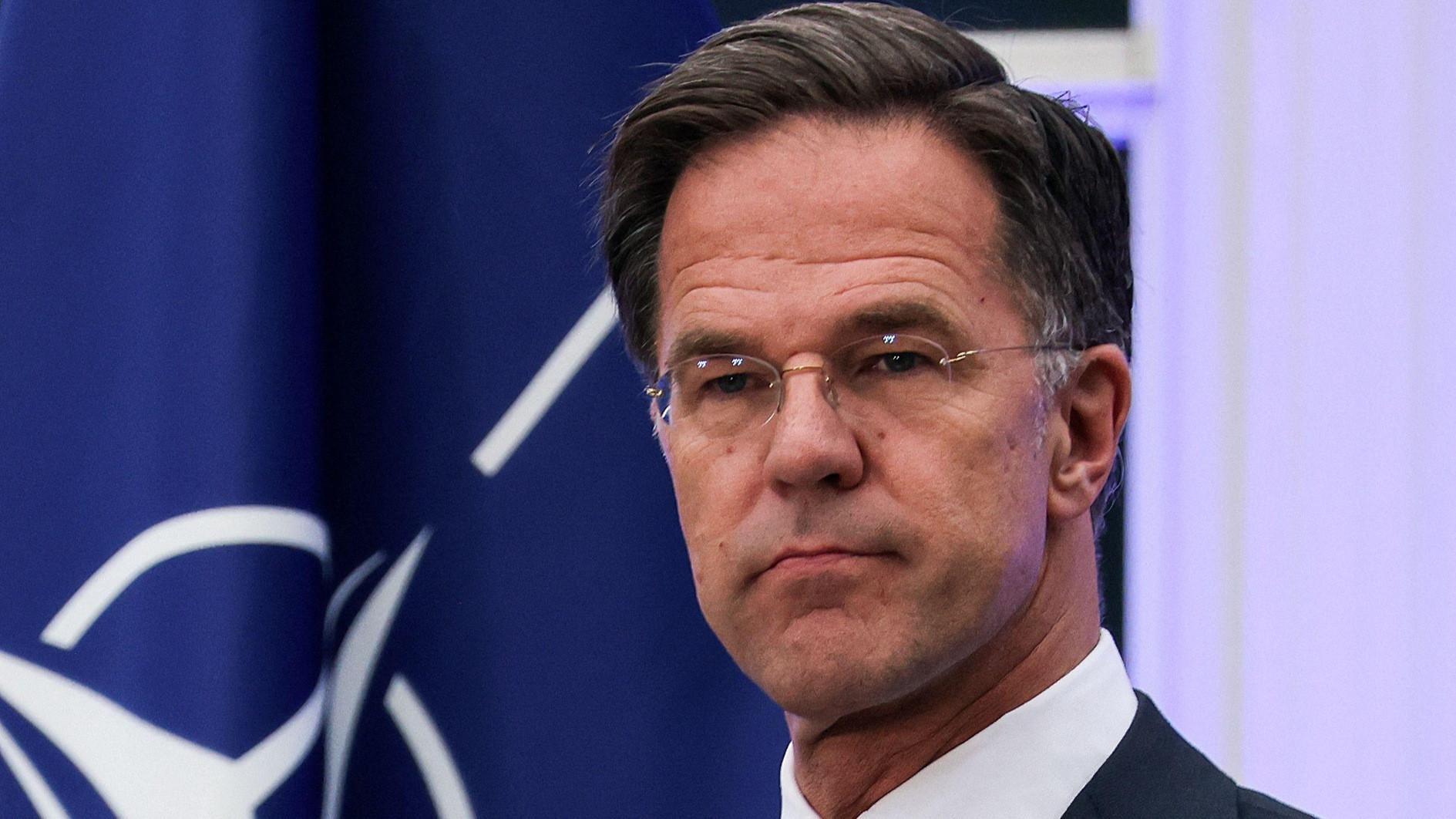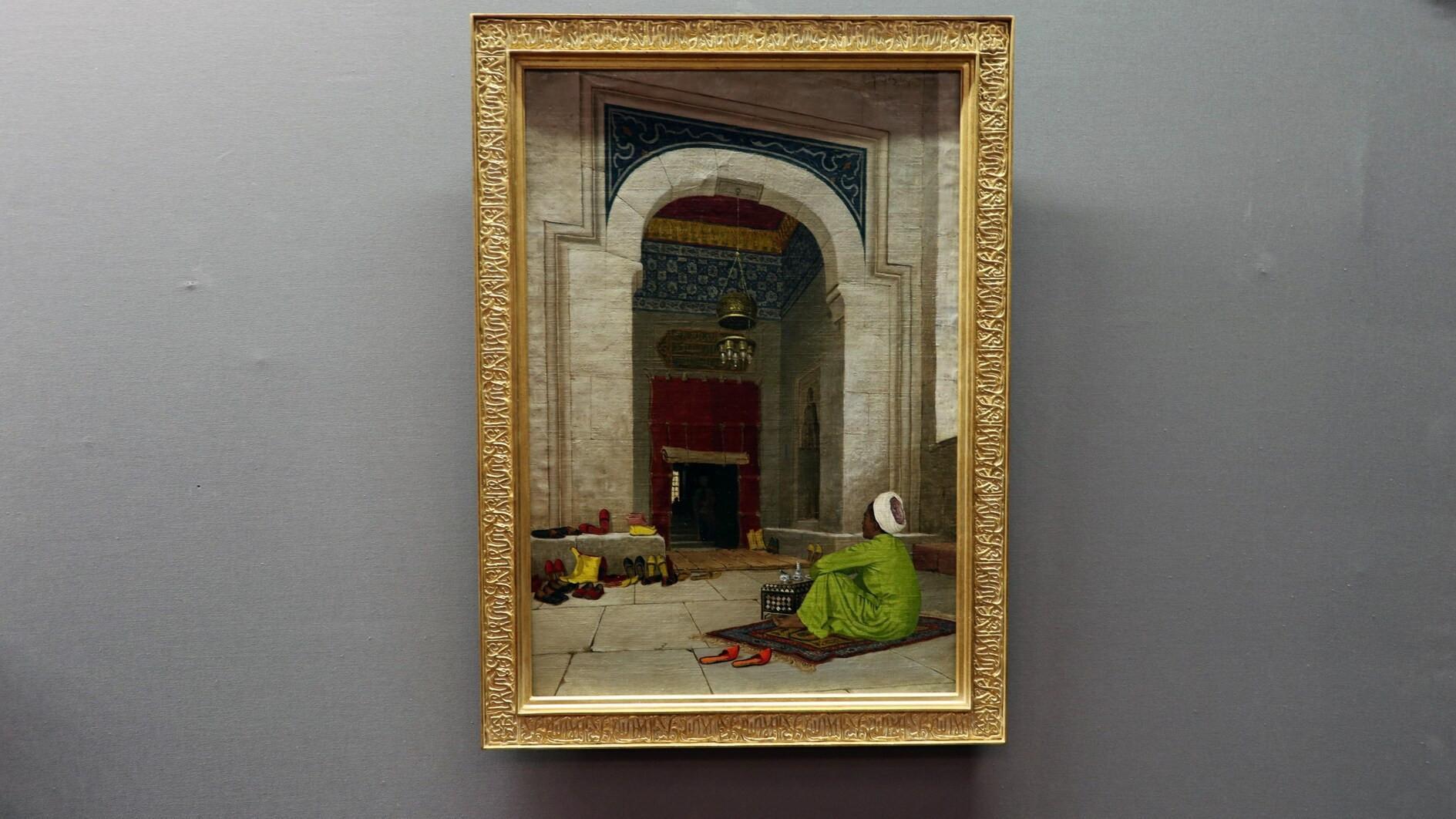Gauck gets German presidency
BERLIN

German new President Joachim Gauck (L) is congratulated by German chancellor Angela Merkel (R) after being elected by the Bundesversammlung federal assembly at the Bundestag (lower house of parliament). AFP photo
Former East German rights activist and pastor Joachim Gauck became Germany’s new president with hopes high he will restore dignity to the office in the wake of two scandal-tainted predecessors.Gauck, 72, enjoys the support of all of Germany’s mainstream political parties, which assured his election by a special assembly that gathered at the glass-domed Reichstag Parliament building in central Berlin where more than 1,200 members of Parliament and other dignitaries voted.
Describing himself as a “conservative from the liberal left,” Gauck appeals to all sides of the political spectrum in Germany. More than half the population looks forward to having him as president, according to recent polls, Agence France-Presse reported. As a candidate for the presidency in 2010, the two most influential media outlets in the country, newsweekly Spiegel and Bild, described him respectively as “the better president” and “the president of hearts.” However, he lost that election to Chancellor Angela Merkel’s handpicked candidate for the post, Christian Wulff.
Merkel threw her support behind the plain-spoken Lutheran pastor in February after Wulff resigned amid a flurry of allegations dating from before he took office. Wulff only served 20 months of his five-year term in office. He had replaced Horst Koehler, a former head of the International Monetary Fund who stepped down after an uproar over comments he made appearing to justify using the military to serve Germany’s economic interests.
‘I’m no superman’
Nineteen federal and local delegates of Turkish origin, including Mevlüde Genç, who lost her two grandsons and two daughters in an arson attack on her property by far-right suspects in 1993, and Gamze Kubaşık, whose father was killed by far-right militants, voted in the poll, according to daily Hürriyet.
Gauck helped drive the peaceful revolution that brought down communist East Germany and later fought to ensure the public would be granted access to extensive files left behind by the despised Stasi secret police after reunification in 1990. He oversaw the archive for the next decade.
The media and the public have cheered his candidacy as an opportunity to remove some of the tarnish from the largely ceremonial office which serves as a kind of moral compass for the nation. Only the far-left Die Linke party, whose leaders include several former East German communists, has withheld its support and nominated the prominent Nazi hunter Beate Klarsfeld instead as a protest candidate.
Gauck himself has warned scandal-weary Germans against seeing him as a redeemer, telling reporters the night he was nominated that they should not expect “Superman.” He said he would seek to relieve Germans of some of their angst as Europe grapples with its sovereign debt crisis and to reach out to immigrant groups to minimize their estrangement and foster integration.
















